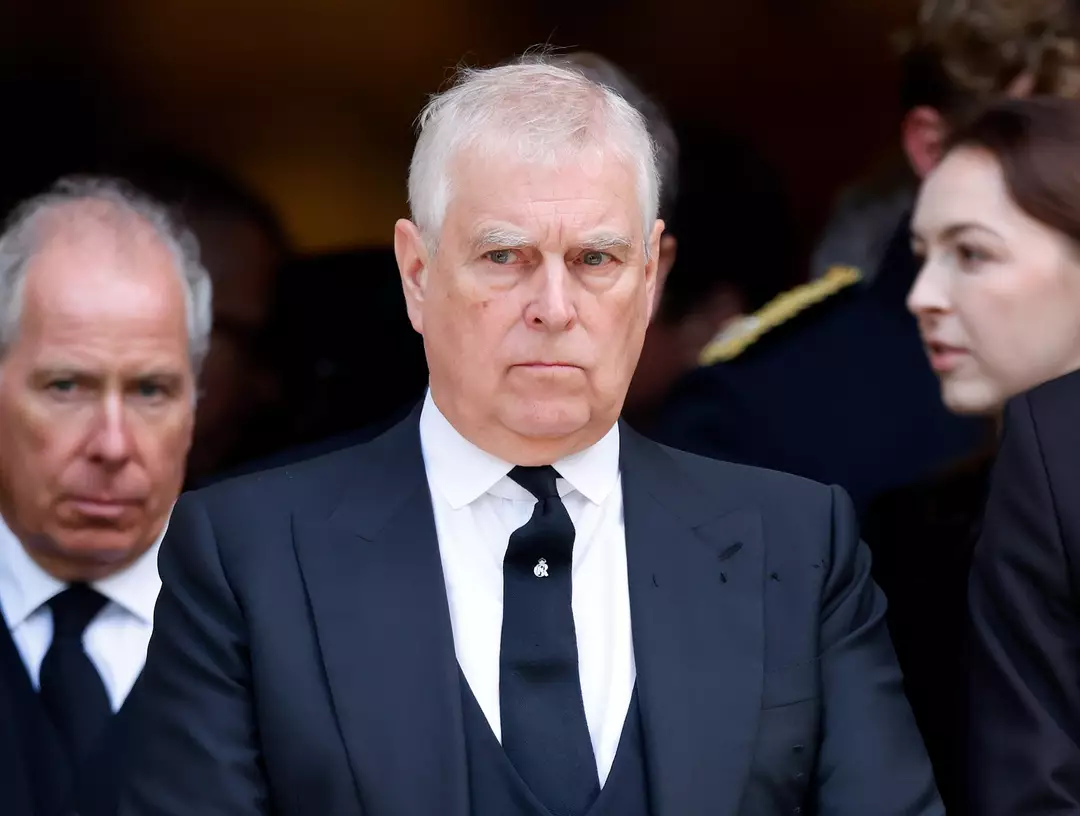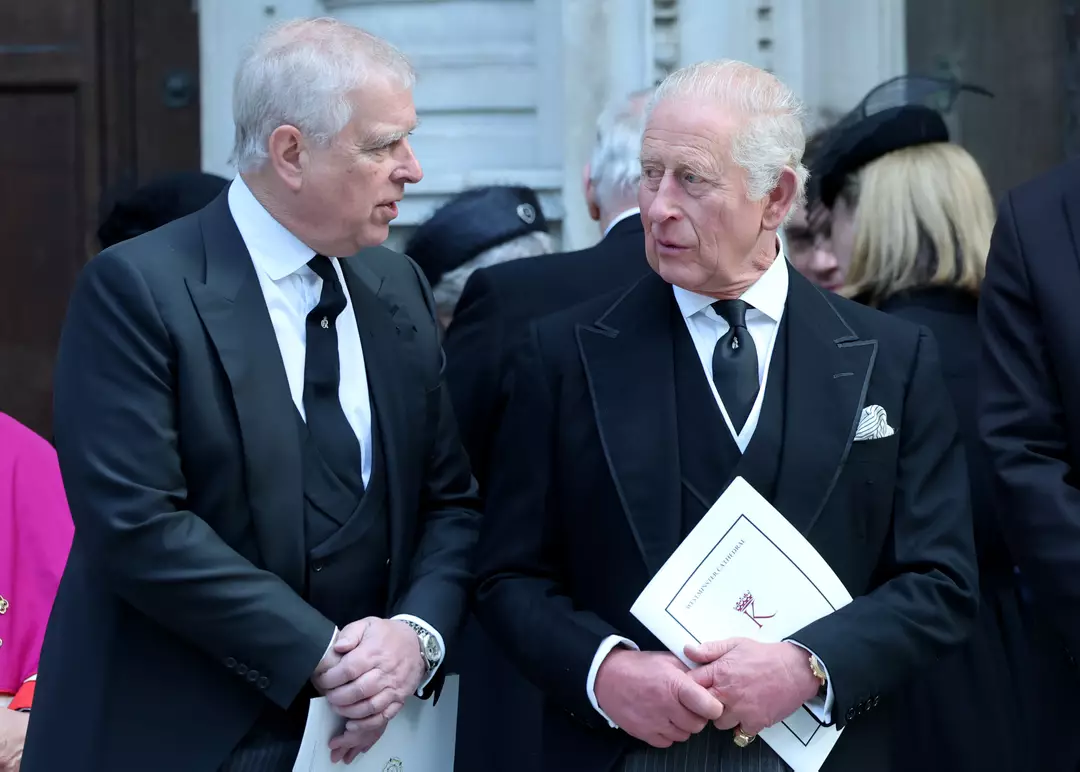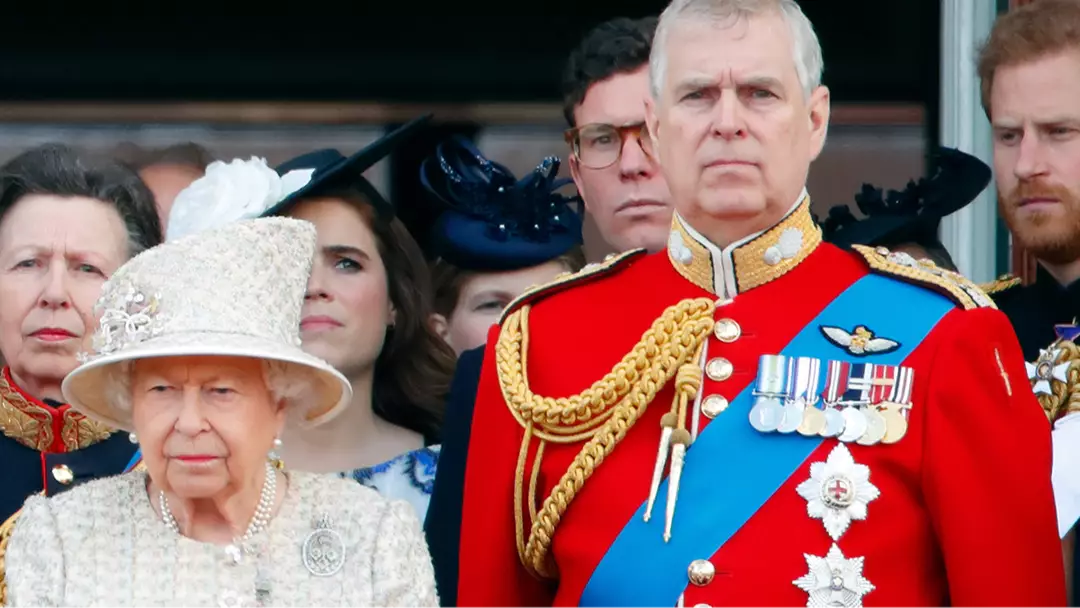Andrew Mountbatten Windsor may undergo another name change after recently losing his royal titles.
On October 30, Buckingham Palace issued a statement announcing that King Charles III had officially removed Andrew’s royal titles and styles.
This statement followed Andrew’s own announcement, which noted his decision to relinquish his titles after a ‘discussion with the King’.
The decision was influenced by renewed scrutiny of Andrew’s previous connection with convicted sex offender Jeffrey Epstein, though Andrew has consistently denied all allegations against him.
With the loss of his titles, Andrew can no longer use the style ‘His Royal Highness’. He is now presented to the public as Andrew Mountbatten-Windsor and is set to leave the Royal Lodge, where he resided with his ex-wife, Sarah Ferguson, to find ‘alternative private accommodation’.
New developments suggest that Andrew’s name might change again due to a request made by the late Queen Elizabeth II.

This is because the surname is typically written with a hyphen as ‘Mountbatten-Windsor’.
The specific spelling comes from a Privy Council order by the late Queen regarding the surname her descendants should use.
The declaration stated: “Now therefore I declare My Will and Pleasure that, while I and My children shall continue to be styled and known as the House and Family of Windsor, My descendants other than descendants enjoying the style, title or attribute of Royal Highness and the titular dignity of Prince or Princess and female descendants who marry and their descendants shall bear the name of Mountbatten-Windsor.”
This means that individuals who are not a prince, princess, or Royal Highness must use the name Mountbatten-Windsor as specified, which implies Andrew might need to adjust his name to include the hyphen.
While Windsor is the royal house, the name Mountbatten was introduced from the late Queen’s spouse, Prince Phillip.

Andrew was born shortly after the declaration about the hyphenation was signed, making him the first royal baby to have the name.
The Liberal Democrats now plan to bring a discussion on Andrew’s rental situation at Royal Lodge to Parliament. This might include considerations about a potential payout for vacating the property where he resides for a nominal rent.
The Windsor name itself was the result of a significant name change within the royal family.
In 1917, the family name was changed to Windsor, after Windsor Castle, from Saxe-Coburg and Gotha, in response to anti-German sentiment in the UK during World War I.

